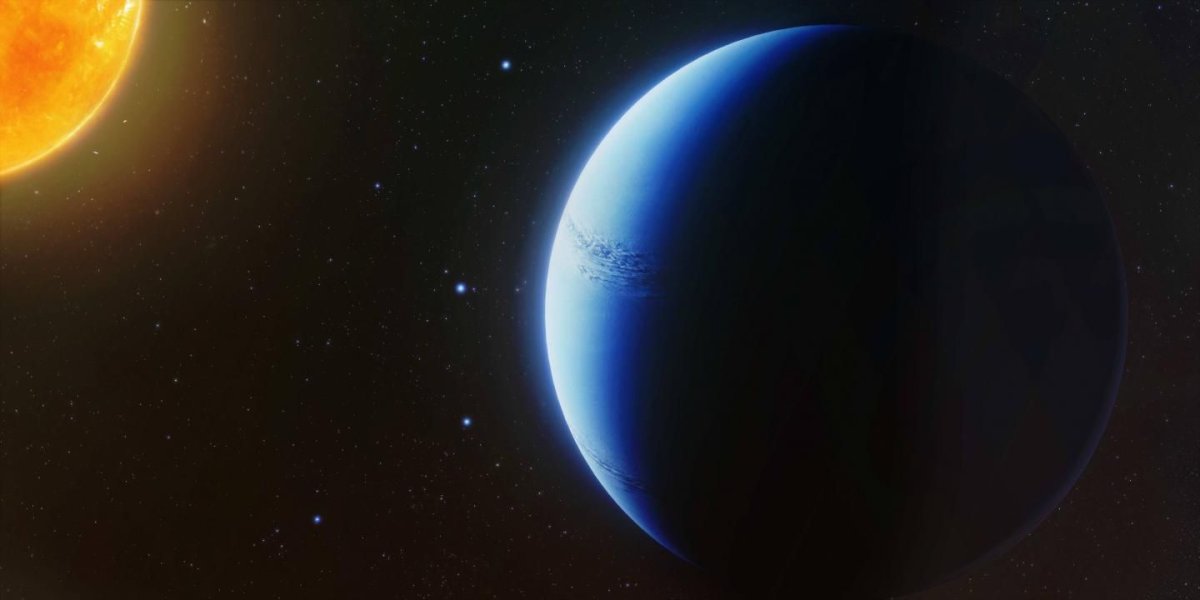Sodium is one of the most abundant elements in the universe. On Earth, sodium compounds can make your food taste salty and can even be used to make light. Now, this element has helped scientists find an exoplanet where the skies are always clear.
Astronomers discovered the atmosphere of WASP-96b couldn't possibly hold clouds by searching for the spectral signature of sodium. Their research was published in the journal Nature.
WASP-96b is a hot gas giant with a similar mass to Saturn. The enormous planet is roughly 20 percent bigger than Jupiter—the largest planet in our solar system. It transits a star in the Phoenix constellation, 980 light years away.
Read more: Jupiter and Venus are shifting Earth's orbit every 405,000 years
The team used the Very Large Telescope in Chile to observe the planet's spectrum. Different atoms and molecules produce unique spectral fingerprints. This planet's atmosphere contained the complete fingerprint for sodium, which can only be found in the absence of clouds.
"We've been looking at more than twenty exoplanet transit spectra. WASP-96b is the only exoplanet that appears to be entirely cloud-free and shows such a clear sodium signature, making the planet a benchmark for characterization," study author Nikolay Nikolov, an astronomer from the University of Exeter in the U.K., said in a statement.

Astronomers have long believed hot gas giants might hold sodium in their atmosphere. In this case, sodium should produce a spectral signature that looks a little like a camping tent.
Read more: Flat-Earthers think 'Pac-Man Effect' stops us falling off the edge of the planet
Other planets have only shown partial sodium spectra, which appears as a very narrow peak, or no sodium at all, Nikolov said. "This is because the characteristic 'tent-shaped' profile can only be produced deep in the atmosphere of the planet and for most planet clouds appear to get in the way," he explained.
The team hope further research will reveal more about the planet's wierd atmosphere. "WASP-96b will also provide us with a unique opportunity to determine the abundances of other molecules, such as water, carbon monoxide and carbon dioxide with future observations," co-author Ernst de Mooij from Dublin City University said in the statement.
Uncommon Knowledge
Newsweek is committed to challenging conventional wisdom and finding connections in the search for common ground.
Newsweek is committed to challenging conventional wisdom and finding connections in the search for common ground.
About the writer
Katherine Hignett is a reporter based in London. She currently covers current affairs, health and science. Prior to joining Newsweek ... Read more
To read how Newsweek uses AI as a newsroom tool, Click here.








